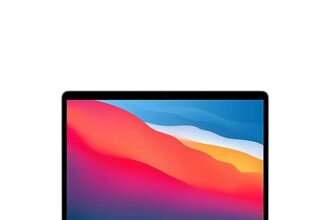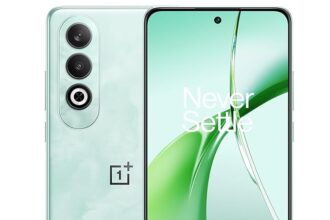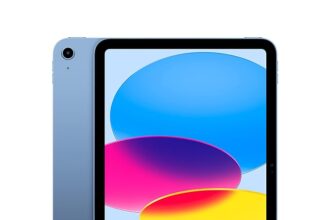Two well-liked frameworks for creating cross-platform mobile applications are Flutter and Ionic. Your particular demands and tastes will determine which option is best for you because they each have advantages and disadvantages.
A framework supported by Google called Flutter makes use of the Dart programming language. It is a wonderful option for creating intricate and aesthetically pleasing apps since it offers a quick, responsive, and flexible user interface. High-performance, slick animations are provided by Flutter, and the functionality of hot reloading expedites testing and development. The framework also offers a wide variety of pre-built widgets, making it simple to construct unique UI elements that go with your app’s style. The steep learning curve and unusual architecture of Flutter may require some getting used to.
Ionic, on the other hand, is a free and open-source framework that makes use of HTML, CSS, and JavaScript. It offers a sizable selection of pre-built UI elements, which makes it simple to build apps with a unified look and feel. Ionic is a wonderful option for web developers who want to create mobile apps because it also makes it simple to integrate with Angular. Particularly for smaller and simpler applications, the framework is simple to use and offers quick development times. Its performance, meanwhile, might not be as strong as that of native apps.
Flutter outperforms Ionic in terms of performance because it uses the Dart programming language, which is compiled to native machine code. Flutter apps can now operate at speeds that are nearly as fast as native ones, providing a smooth user experience. Ionic, on the other hand, leverages web technologies that are slower than native code and is therefore better suited for basic apps without a great demand for performance.
The environment and ecosystem surrounding each framework should also be taken into account. There is a sizable and expanding developer community for Flutter, and many of them contribute to the framework and help other users. Additionally, Flutter includes a sizable library of plugins and packages that make it simple to include new functionality in your project. Ionic, in contrast, has a smaller community and a less developed environment than Flutter.






